This is the best time to drink coffee – have you been getting it right?
If you don't even pass yourself as human until you've had your first coffee of the day, this is a must-read!
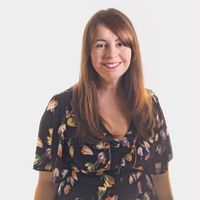
For some, coffee is a lovely treat to enjoy with friends – along with a cheeky cake and a good natter. For others, it's a way of getting through the day. But when does your first drop of java reach your lips? New research by Time 4 Sleep has looked at how much coffee people in the UK are drinking, when they have their first cup, and how it impacts their sleep.
Our in-depth reviews: Best pod coffee machines – the top espresso makers for your caffeine fix
And according to health expert Dr Sarah Brewer, you are likely drinking your first espresso, cappuccino or flat white of the day way earlier than you should be.
The best time to drink coffee in the morning
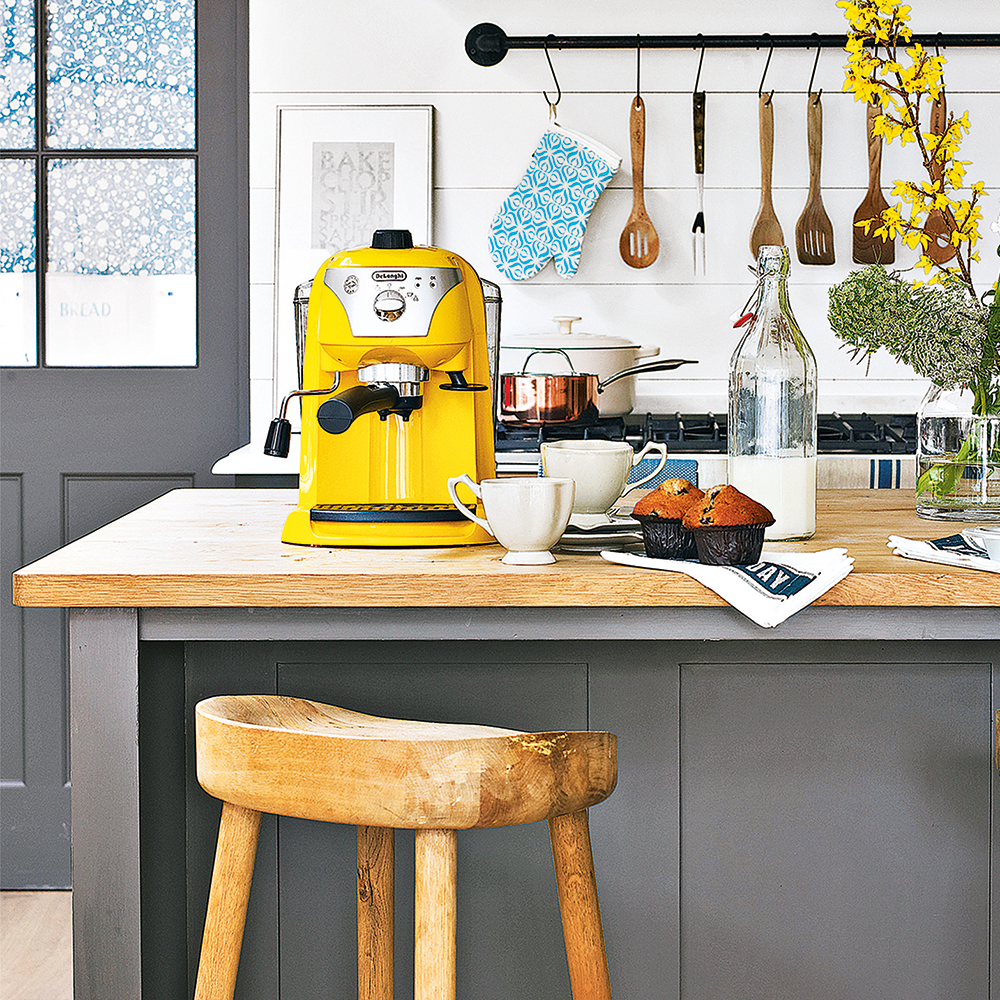
According to the statistics, the average time for people to have their first morning cup is at 8:30am. But Dr Brewer recommends that the perfect time to drink coffee is 10am – and no earlier!
'The perfect time to have a cup of coffee is an individual thing and depends partly on the genes you have inherited, your lifestyle and your biorhythms,' she explains. 'That said, it’s never a good idea to reach for the coffee pot immediately after waking. Between 8am and 9am your body is naturally flooded with cortisol – a stress hormone that has an alerting effect and mobilises energy after your overnight fast. However, by 10am, your cortisol levels have fallen and you need an energy boost.'
'Your genes dictate how quickly you absorb and break down coffee,' Sarah adds. 'Most people absorb caffeine quickly, and after drinking a cup of coffee, your blood level reaches maximum concentration almost exactly half an hour later.'
So by our calculations, you should be reaching your peak at around 10.30am.
Sign up to our newsletter for style inspiration, real homes, project and garden advice and shopping know-how
The best time to drink coffee in the afternoon
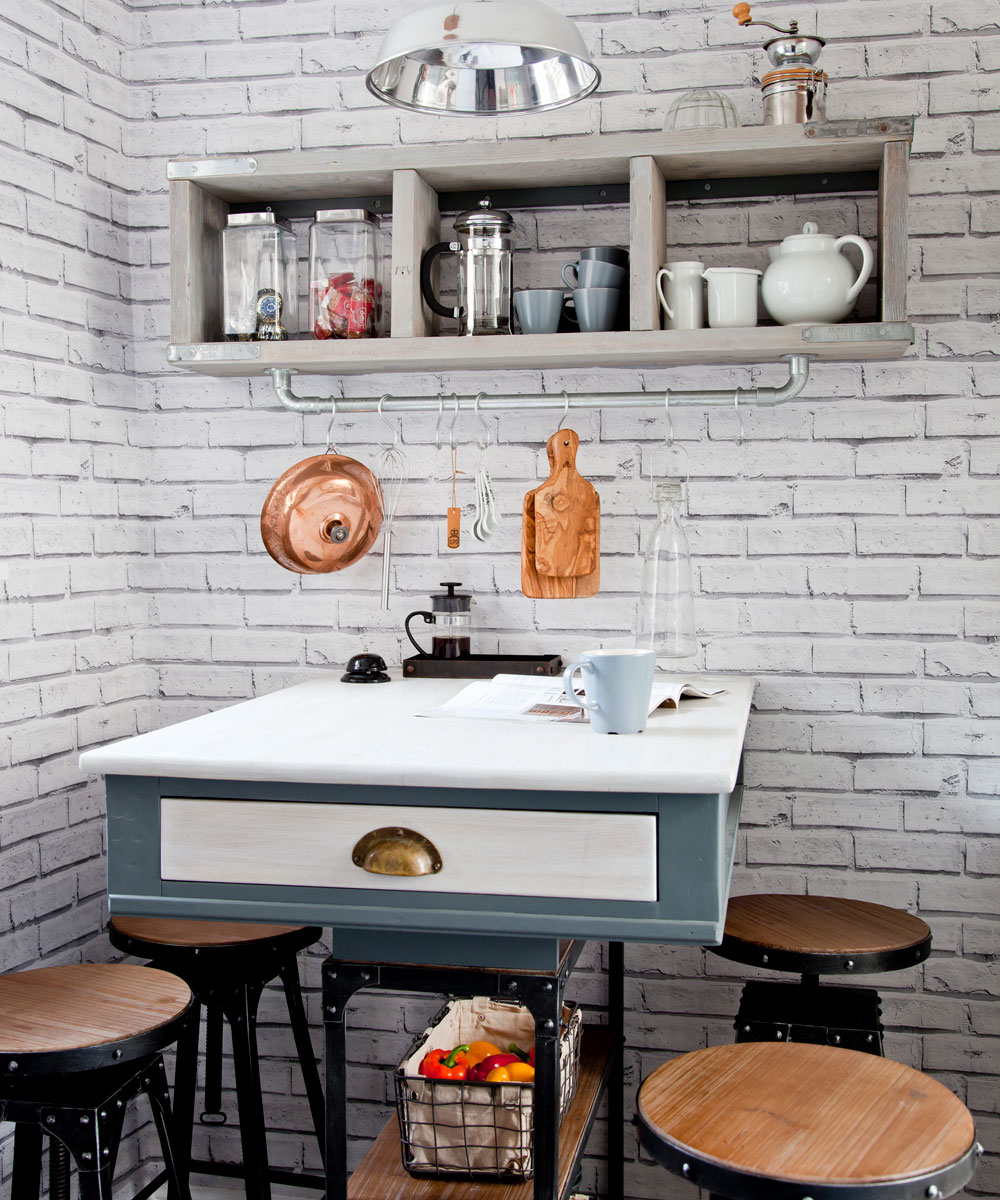
Right, so you've got through the first part of the day, but should you beat that post-lunch slump with another cup? Dr Sarah thinks that's perfectly acceptable. 'Your circadian rhythms cause another cortisol peak around lunch time, with a second, smaller peak between 11:30am and 1:30pm,' she explains. 'This is partly driven by low blood-sugar levels and your need for a meal. By 2pm your cortisol levels are falling again, and the alerting effect of your first cup of coffee has worn off.
'That makes 2pm the perfect time for that second cup of coffee to set you up for the afternoon.'
The best time to drink coffee in the evening
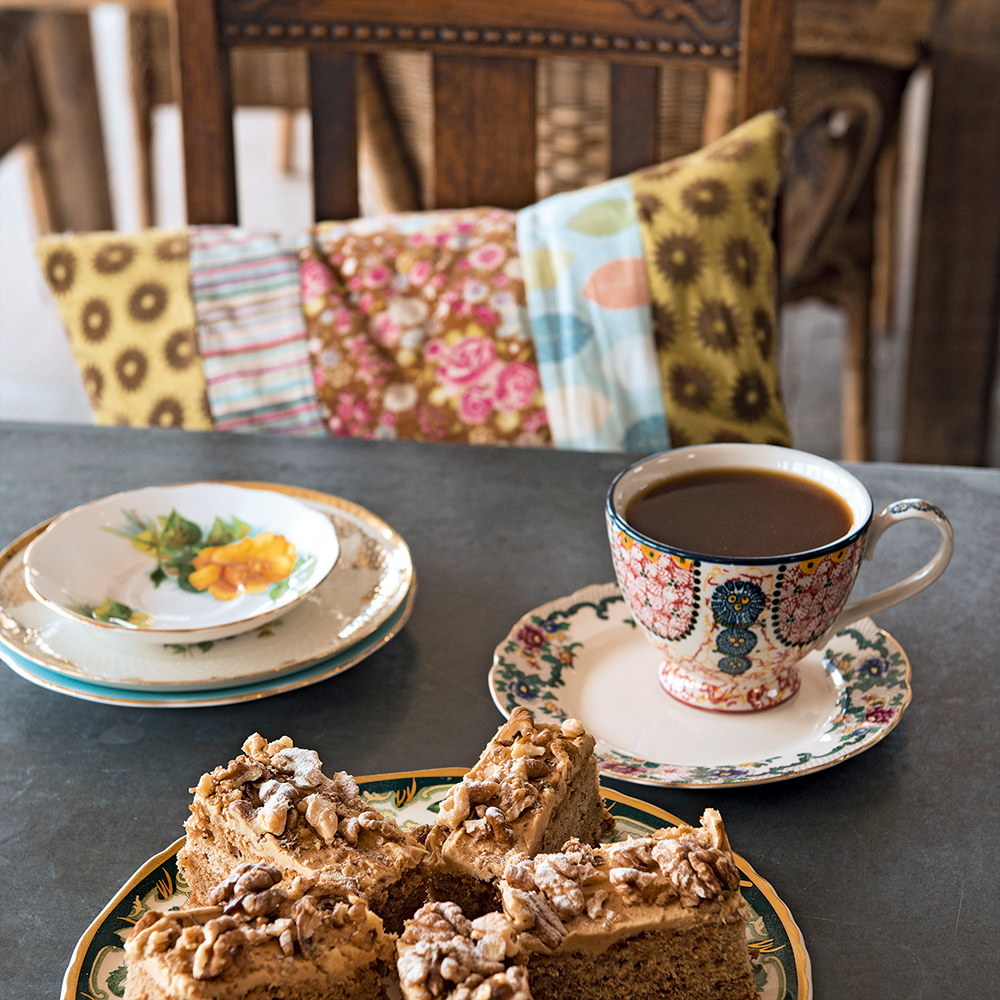
You shouldn't need us to tell you that coffee at night is a bad idea if you want to sleep soundly. But why exactly DOES caffeine keep us up at night? 'Caffeine blocks the adenosine receptors in your brain,' Dr Sarah explains. 'It prevents the relaxing responses produced by adenosine and interferes with your ability to wind down and sleep.'
More bedtime advice: How to sleep better – get a good night’s rest to mark Mental Health Awareness Week
And when exactly is the latest you can realistically enjoy a shot of caffeine without interrupting your shut-eye? 'If you feel like you’re flagging at 5pm, you could have a third cup of coffee,' says Dr Sarah. 'If you metabolise caffeine quickly, it won’t interfere with sleep.' However, if you don't, you'll put yourself at risk of tossing and turning all night, it's best to stick to a 2pm cut-off.
So the next time you're offered an after-dinner espresso, we suggest you go decaf.
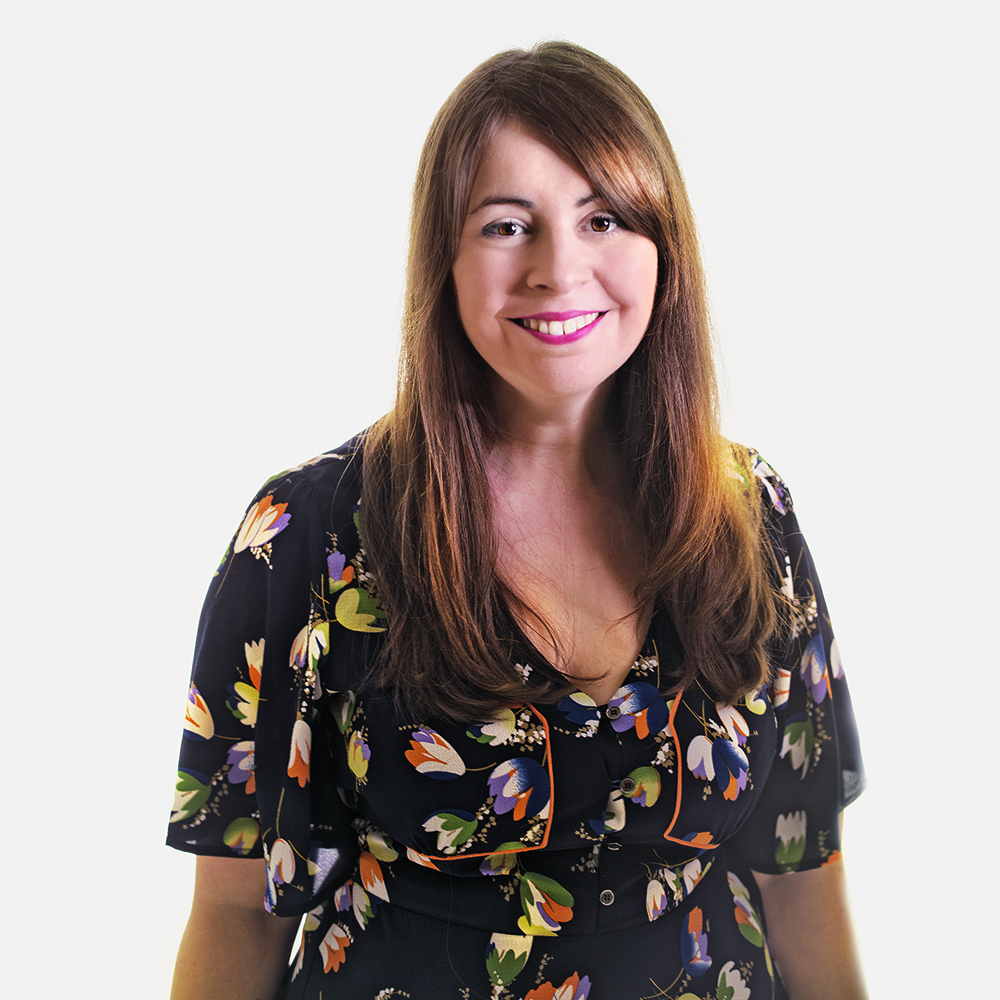
Amy Cutmore is an experienced interiors editor and writer, who has worked on titles including Ideal Home, Homes & Gardens, LivingEtc, Real Homes, GardeningEtc, Top Ten Reviews and Country Life. And she's a winner of the PPA's Digital Content Leader of the Year. A homes journalist for two decades, she has a strong background in technology and appliances, and has a small portfolio of rental properties, so can offer advice to renters and rentees, alike.